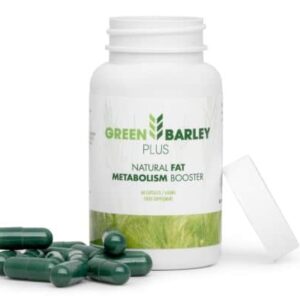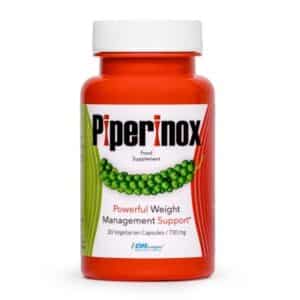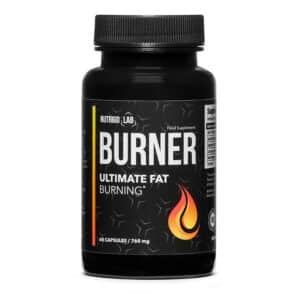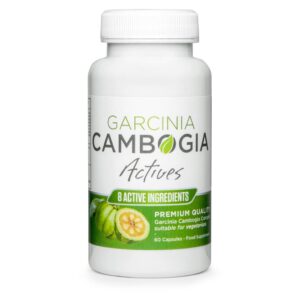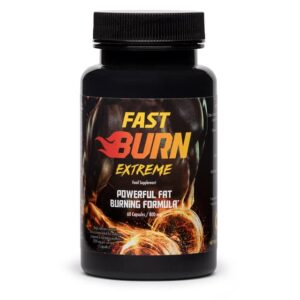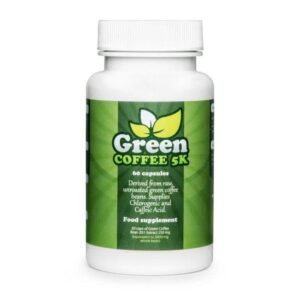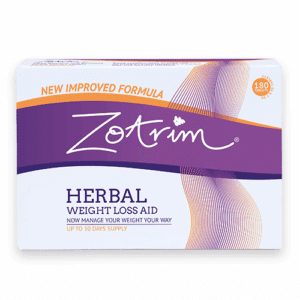Fat burners are one of the most popular supplements on the market, promising easy weight loss by simply taking a pill. While this might sound like the dream solution for many, the reality is much more complex. Fat burners are not a magic solution for weight loss, but they can be effective when used correctly in conjunction with a healthy lifestyle. To understand how fat burners work and whether they are worth incorporating into your weight loss journey, let’s take a closer look.
What Are Fat Burners?
Fat burners are dietary supplements designed to help individuals lose weight by increasing the body’s ability to burn calories and fat. These supplements typically use a combination of natural and artificial ingredients that promote fat metabolism, increase energy expenditure, and enhance thermogenesis (the process of generating heat in the body). However, it’s important to note that fat burners don’t magically “burn fat” by themselves. They act more as a supportive aid in your weight loss journey.
Most fat burners work by affecting the body in various ways:
- Thermogenesis: Raising your body’s core temperature to burn more calories.
- Metabolism Boosting: Increasing your metabolic rate, which helps your body burn more calories throughout the day.
- Lipolysis: Breaking down stored fat to be used as energy.
While these effects sound promising, the results can vary greatly depending on the individual’s diet and exercise routine.

Do Fat Burners Work?
Fat burners can provide a small boost to weight loss, but they are not a standalone solution. The real question is whether fat burners can help with weight loss in conjunction with a healthy lifestyle. The answer is a qualified yes—if you maintain a healthy diet and regular exercise routine.
Fat burners can enhance weight loss efforts, especially when combined with an appropriate cutting workout plan and proper nutrition. If you take a fat burner while adhering to a calorie deficit and exercise regularly, it is possible to see better results. On the other hand, if you rely solely on fat burners while neglecting diet and exercise, they won’t make a noticeable difference, and you may even gain weight.
Key Ingredients in Fat Burners
To understand how fat burners work, it’s essential to break down the most common ingredients and their roles in weight loss.
- Caffeine: One of the most widely used ingredients in fat burners, caffeine is known to stimulate the central nervous system, increase energy expenditure, and enhance thermogenesis. It can also suppress appetite to some extent, helping you avoid overeating. Numerous studies have shown that caffeine can lead to modest weight loss when consumed regularly in safe doses.
- Green Tea Extract: Green tea is rich in antioxidants and compounds like catechins and polyphenols, which have been shown to promote fat loss. Green tea extract also contains a small amount of caffeine, which boosts its fat-burning potential. Research suggests that the catechins in green tea can increase fat oxidation and help reduce body fat, particularly when combined with caffeine.
- Yohimbine: Derived from the bark of an African tree, yohimbine was initially used to treat erectile dysfunction but has since gained popularity as a fat-burning ingredient. It is believed to target alpha-2 receptors in fat cells, which may promote fat loss, although research supporting its effectiveness is still limited.
- Other Ingredients: Many fat burners contain additional ingredients like L-carnitine, CLA (conjugated linoleic acid), and capsaicin. These ingredients claim to support fat loss in various ways, but their effectiveness is often subject to debate. It’s essential to research any unfamiliar ingredients to understand their impact and safety.

What Does Research Say About Fat Burners?
Research on fat burners shows mixed results. Many studies indicate that fat burners do work, but the effects are often minimal and statistically insignificant. For instance, a meta-analysis from 2021 concluded that diet and exercise alone lead to more significant weight loss than fat-burning supplements.
However, this doesn’t mean fat burners are entirely ineffective. They can provide a small boost in weight loss for individuals who already follow a healthy diet and exercise regimen. Essentially, fat burners should be viewed as a tool that complements other weight loss efforts, not a miracle solution.
Can You Take Fat Burners Without Exercise?
Taking fat burners without engaging in physical activity and eating a poor diet is unlikely to yield results. Fat burners rely on a combination of increased energy expenditure and fat oxidation, which are most effective when paired with exercise. Additionally, without a healthy diet, any fat burned will likely be replaced with new fat.
For individuals who lead sedentary lifestyles or consume high-calorie diets, taking fat burners will not lead to significant weight loss. In contrast, those who follow a structured fitness routine and maintain proper nutrition can see enhanced results by incorporating fat burners.

The Most Effective Fat Burners
Based on research, two of the most effective fat-burning ingredients are caffeine and green tea extract. Both have been extensively studied and are proven to boost fat oxidation, increase resting metabolic rate, and suppress appetite. They are often included in high-quality fat burner supplements.
Green tea extract, in particular, offers several health benefits beyond fat loss, thanks to its antioxidant and anti-inflammatory properties. When combined with caffeine, it has been shown to promote more significant fat loss, making it a powerful duo in fat-burning supplements.
Who Should Avoid Fat Burners?
While fat burners can be beneficial for some, they are not suitable for everyone. Certain individuals should avoid fat burners due to potential health risks. These include:
- Pregnant or breastfeeding women
- Individuals with high blood pressure
- Those with heart problems or cardiovascular conditions
- People suffering from liver issues
- Anemic individuals
If you have any medical conditions or are taking medication, it’s crucial to consult a healthcare professional before using fat burners. Even for healthy individuals, it’s essential to be cautious and follow the recommended dosages to avoid adverse effects.

Who Can Benefit from Fat Burners?
Fat burners can be beneficial for individuals who:
- Are already at a healthy weight and have control over their calorie intake.
- Have been following a healthy diet and exercise routine for an extended period.
- Have no underlying health issues that would contraindicate the use of fat-burning supplements.
For those looking to lose a small amount of weight or break through a weight loss plateau, fat burners can provide an extra edge. However, they are not recommended for those at the beginning of their weight loss journey or for individuals who need to lose a significant amount of weight.
Final Takeaways on Fat Burners
Fat burners are not a magic pill for weight loss, but they can offer a small boost when used as part of a healthy lifestyle. If you maintain a proper diet and engage in regular physical activity, fat burners can enhance your efforts by increasing fat oxidation and metabolism.
The most effective fat burners tend to contain ingredients like caffeine and green tea extract, which have been shown to promote fat loss. However, it’s important to manage your expectations and understand that fat burners are not a substitute for diet and exercise.
In summary, fat burners can work, but only if you do. They are best viewed as one tool in your weight loss toolbox, helping you reach your goals when combined with a balanced approach to health and fitness.
References
- Mayo Clinic. (2023, August 31). Weight-loss: Choosing a diet that’s right for you. Mayo Clinic. https://www.mayoclinic.org/healthy-lifestyle/weight-loss/
- WebMD. (n.d.). What are fat burner supplements? WebMD. https://www.webmd.com/what-are-fat-burner-supplements
- Cleveland Clinic. (2023, June 29). Do fat burners work? Cleveland Clinic. https://health.clevelandclinic.org/do-fat-burners-work
- Harada, Y., & Yamamoto, T. (2023). Mechanisms and effects of fat-burning supplements on body composition: A review. National Center for Biotechnology Information. https://www.ncbi.nlm.nih.gov/pmc/articles/


